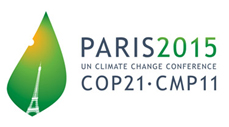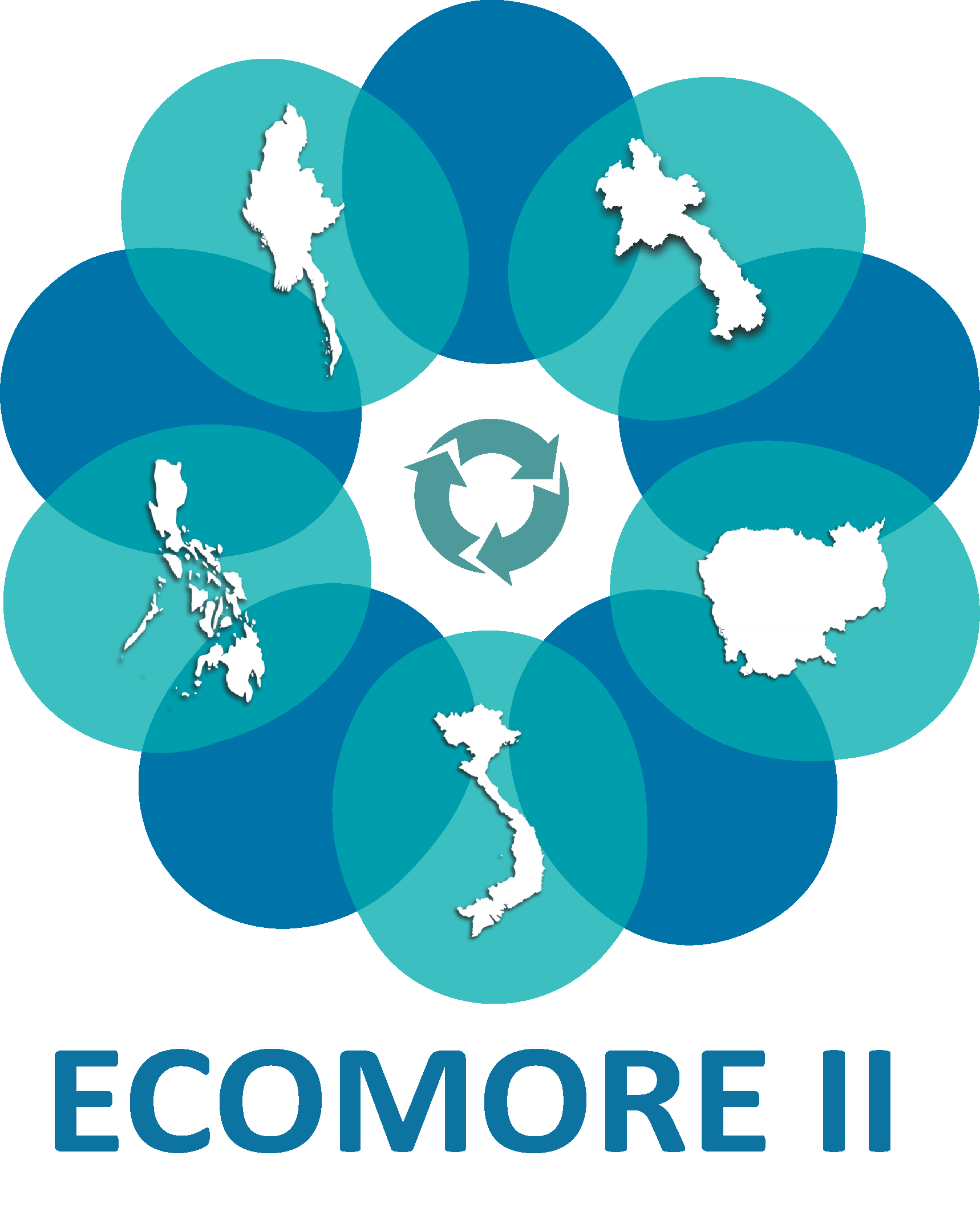Rationale
The population growth and economic development that our planet is experiencing are accompanied by significant changes in natural ecosystems. These changes might break some ecological balances. In Southeast Asia even countries which until recently, were away from this dynamic are now drawn into a rapid growth partly driven by their neighbors.
While acknowledging the overall positive impact on the standard of living, we must recognize the likelihood of health effects due to these sudden changes such as the risk of emergence of infectious diseases. Actually because these phenomena result from the rupture of a previous balance, it is called “emergence”, including the increase of incidence of endemic diseases, the extension of disease to geographical areas hitherto preserved, and / or the appearance of new diseases.
| The second stage of the project ECOMORE will have to take into account strong concerns at international and regional level particularly raised by the COP21 which had a leading role in the thinking and action to be taken to limit the effects of climate change. |  |
In this context, the most significant risks are then represented by waterborne diseases and vector-borne diseases: contamination of waters that are submerged by water contaminated by human and animal, wildlife encroachment wild on human which increases the risk of zoonotic diseases, environmental pathogens spread by runoff water, role of stagnant water after the water recedes for mosquito breeding. Now there is a cascade of interactions as urbanization, deforestation and agricultural intensification, resulting from economic development, amplify the impact of climate deregulations.
At present, there is a need for more systematic investigations to demonstrate the impact of ecosystems changes related to economic development on local population health. Better understanding and documenting this relationship is critical for shaping future surveillance and control strategies.

